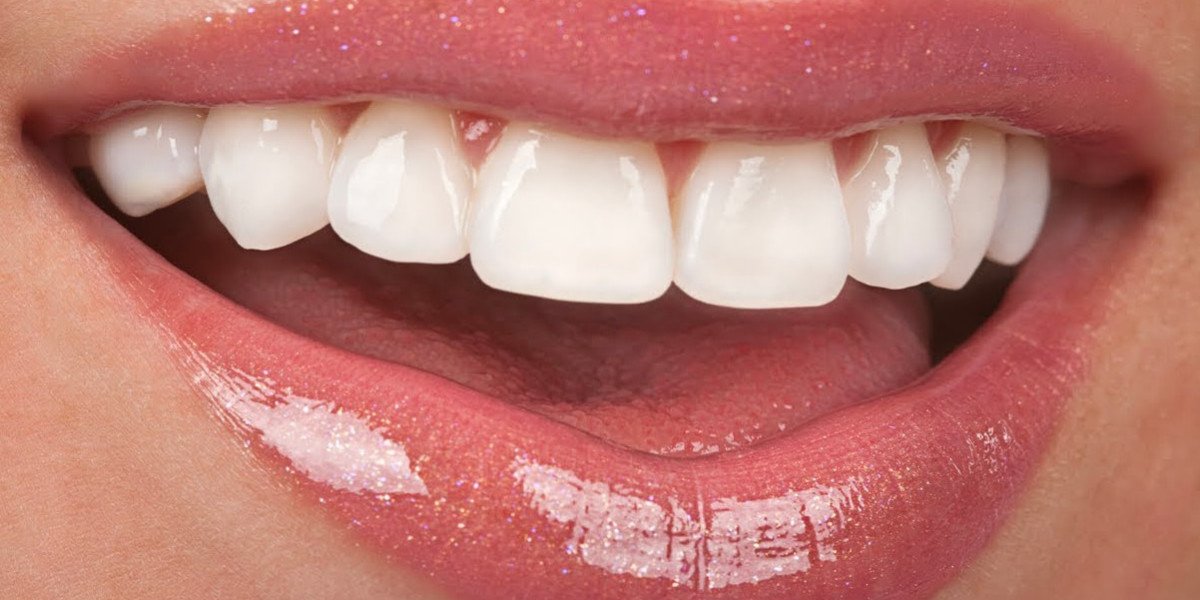How Much Do Veneers Cost? A Complete Guide to Veneer Dentistry Pricing
Dental veneers have become one of the most popular cosmetic dentistry treatments, offering patients a way to dramatically enhance their smiles. Whether you're looking to fix discolored teeth, gaps, chips, or misshapen teeth, veneers provide an aesthetic solution that gives your smile a flawless, natural appearance. But before you take the plunge and get veneers, understanding the associated costs is crucial. Here’s a complete guide to veneer dentistry pricing, including factors that affect costs and tips for saving.
1. What Are Dental Veneers?
Veneers are thin, custom-made shells that cover the front surface of your teeth to improve their appearance. They can be made of porcelain or composite resin, each offering different aesthetic and functional benefits. Porcelain veneers are renowned for their durability and ability to mimic the natural appearance of teeth. Composite veneers, on the other hand, are typically less expensive but may not last as long.
Veneers are often used to correct issues like stained teeth that don’t respond to whitening treatments, chipped teeth, or misalignment that doesn’t require full orthodontic treatment. One of the biggest benefits of veneers is their versatility and ability to create a more youthful, radiant smile with minimal invasive procedures.
2. Average Veneer Dentistry Costs (2025 Estimates)
The cost of veneers can vary widely depending on several factors, including the type of veneer you choose and the number of teeth being treated. On average, the veneer dentistry cost ranges as follows:
Porcelain veneers: $900–$2,500 per tooth
Composite veneers: $250–$1,500 per tooth
No-prep veneers (such as Lumineers): $800–$2,000 per tooth
For a complete smile makeover, many patients opt to get veneers on the front 6 to 8 teeth, which is typically where visible imperfections are. In this case, the total cost could range anywhere from $5,000 to $20,000, depending on the type of veneer used and the geographic location of the dentist.
It’s important to keep in mind that veneer dentistry cost can fluctuate based on the dentist’s experience, location, and the complexity of the procedure. For example, dentists in larger cities with a higher cost of living might charge more than those in smaller towns or rural areas.
3. Factors That Influence Veneer Dentistry Cost
Several factors come into play when determining the veneer dentistry cost. Here are some of the most common influences:
Type of Veneer: As mentioned earlier, the material of the veneer directly impacts the price. Porcelain veneers tend to be the most expensive due to their durability and aesthetic appeal. Composite veneers are more affordable but may require replacement sooner than porcelain.
Number of Veneers: The cost will increase depending on how many veneers you need. A full set of veneers for all your front teeth will obviously cost more than just a few veneers to correct imperfections.
Dentist’s Experience and Location: Dentists with more experience or who practice in areas with a high cost of living will typically charge more. It’s important to balance experience with cost to ensure you’re getting both quality and value.
Customization and Laboratory Fees: Custom veneers are more expensive than pre-made options. Additionally, if your dentist uses high-end labs that specialize in creating bespoke veneers, you can expect to pay a premium.
Additional Procedures: Some patients may need preparatory work such as teeth whitening, bonding, or reshaping before getting veneers. These additional procedures can add to the overall cost.
4. Are Veneers Covered by Insurance?
Veneers are typically considered a cosmetic procedure, which means that most dental insurance plans will not cover the cost. However, there are some exceptions. If your veneers are deemed medically necessary—for example, if they’re being used to restore a damaged tooth from an injury—insurance may help cover part of the cost.
If veneers are primarily for cosmetic purposes, you’ll likely need to pay out of pocket. However, many dentists offer financing options to help manage the cost. Payment plans, dental credit cards, and even third-party financing can make veneers more accessible, allowing patients to pay for their treatment in manageable monthly installments.
5. Veneers vs. Alternatives: Cost Comparison
When considering the cost of veneers, it’s essential to look at alternative treatments to determine which offers the best value for your needs.
Dental Bonding: Bonding is a more affordable alternative to veneers, typically ranging from $100 to $400 per tooth. However, bonding doesn’t last as long as veneers and may require more frequent touch-ups.
Teeth Whitening: If your primary concern is stained teeth, professional whitening treatments cost between $300 and $1,000 and can be a more budget-friendly option compared to veneers.
Crowns: Crowns are typically used to restore damaged teeth, and they are more expensive than veneers, with costs ranging from $800 to $2,500 per tooth.
While alternatives like bonding or whitening can address specific issues, veneers remain the best long-term solution for those seeking a complete smile transformation with durable results.
6. Tips to Save on Veneer Dentistry Costs
Although veneer treatments can be expensive, there are ways to make them more affordable:
Get Multiple Quotes: Don’t settle for the first dentist you consult. Shop around, get quotes, and ask about package deals for multiple veneers.
Consider Dental Schools: Some dental schools offer services at a fraction of the cost. These procedures are typically done by students under the supervision of experienced instructors.
Explore Financing: Many dental offices offer financing options, so inquire about monthly payment plans or low-interest dental loans.
Choose Essential Teeth Only: Instead of getting veneers on all your visible teeth, consider focusing on the most important ones that will make the biggest impact.
7. Final Thoughts
Veneers can be an excellent investment in your smile, offering long-lasting results that improve your self-confidence and appearance. However, it's essential to understand the veneer dentistry cost before proceeding. By considering the factors that influence price, exploring alternatives, and exploring financing options, you can make an informed decision that suits both your budget and your dental goals.








